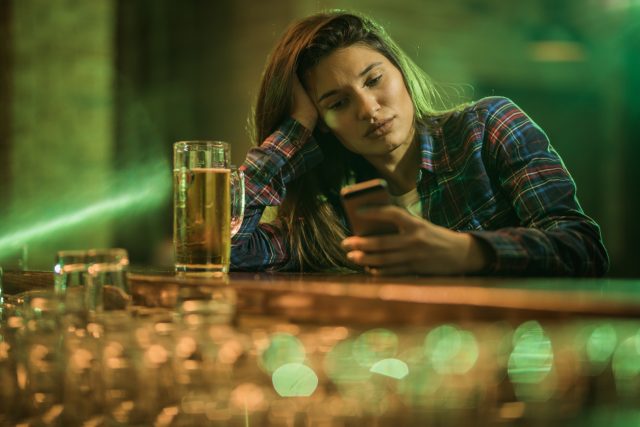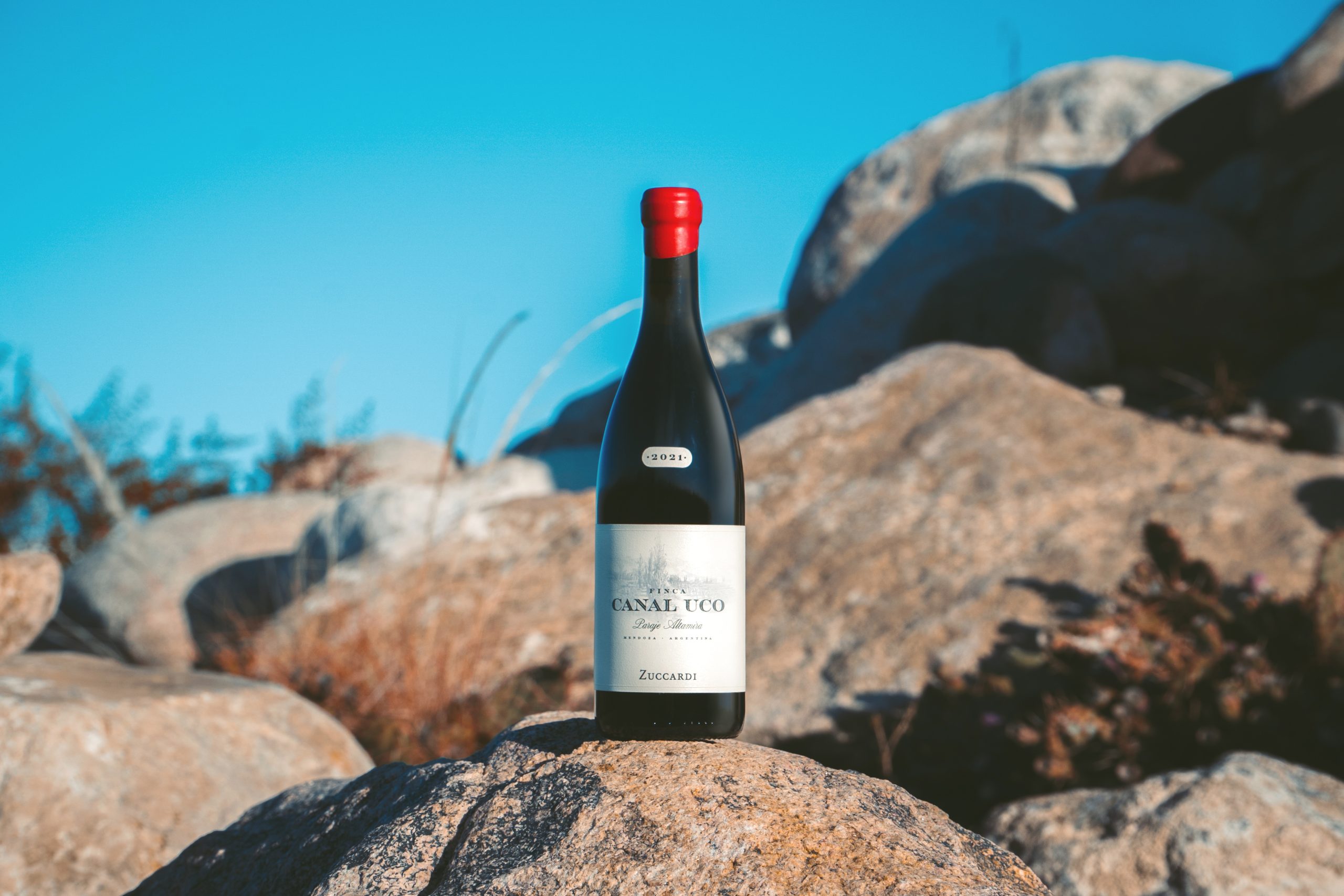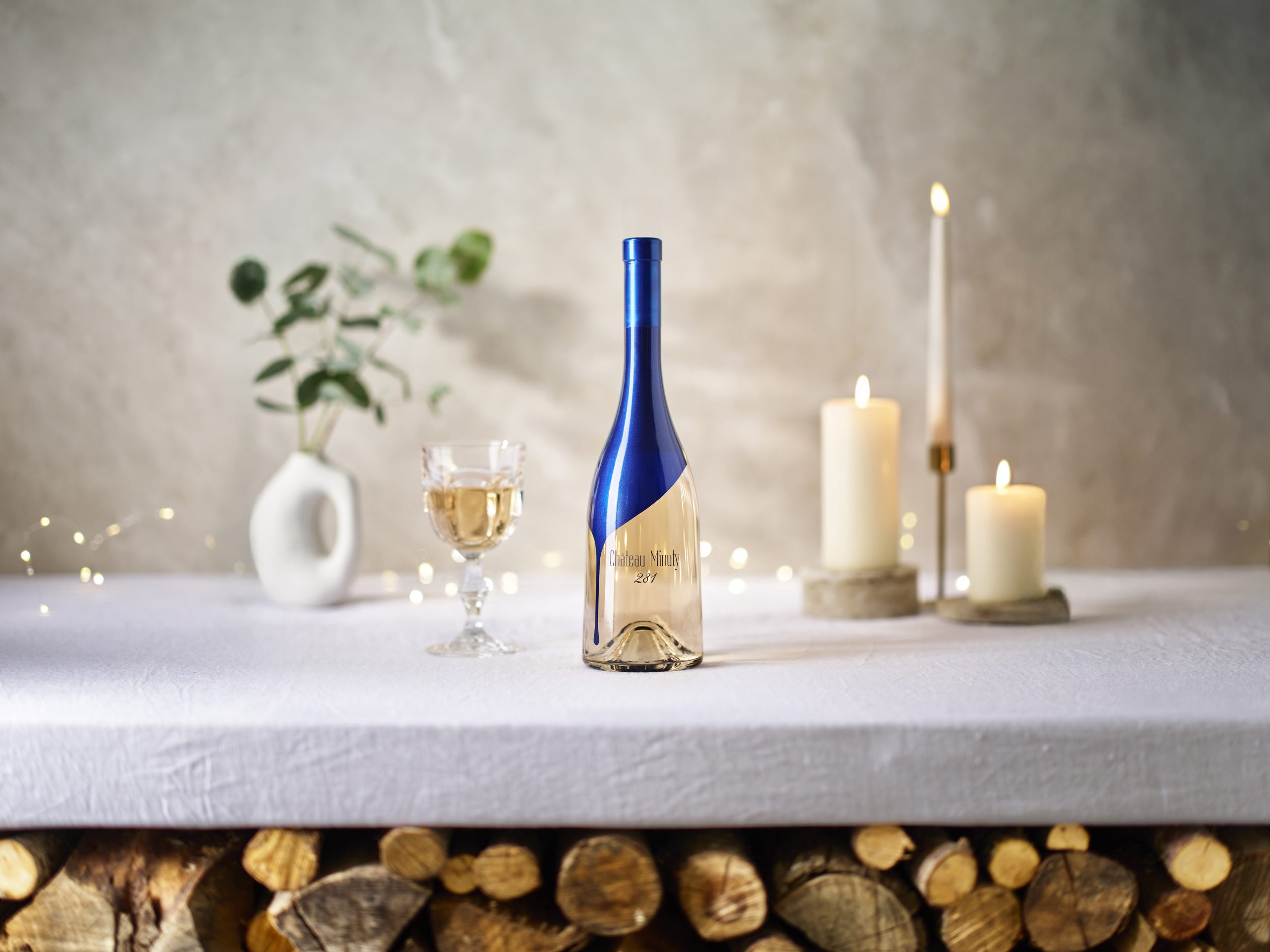Women are underrepresented in management in the beer sector
Women are not attracted to working in the beer industry, and brewers and brand owners are not actively recruiting them, according to reports.

According to report data, women in top roles within the beer industry are beginning to diminish. The British Beer and Pub Association (BBPA) recently reported that just 17% of women hold board positions and only 7% of women are CEOs in the beer industry, while the Society of Independent Brewers (SIBA) reported that 30% of brewery employees are women with only 3% of female workers in brewing roles.
Speaking exclusively to the drinks business following the Dea Latis report The Gender Pint Gap: Revisited, report editor and beer sommelier Annabel Smith said: “Brewing itself is not an easy occupation: it’s hard physical labour, in extreme temperatures, often with unsociable hours. On top of this, many female brewers have shared stories of having to prove themselves in a male-dominated field and overcome the perception that brewing is exclusively a man’s domain.”
Smith went on to reamplify how former notch brewer Brienne Allan gained international attention for her role in 2021 by shedding light on the pervasive issue of sexism and harassment within the brewing industry. After the avalanche of stories of individuals speaking up that followed, a movement, named Brave Noise began following what appeared to be a very simple question that Allan had asked via Instagram: “Have you ever experienced sexism in the beer industry?”
Brave Noise became a way to show a brewery was committed to ‘A Safe & Discrimination Free Beer Industry’. In order to participate a brewery must have a published code of conduct and commit to it and then brew a beer and donate the proceeds to a nominated charity that helps to move the industry forwards. As Smith recalled, Allan’s question led to women speaking up and she re-shared their experiences. It felt like the start of a change for breweries and a way to uphold equality. Smith explained: “She shared anonymous stories from women in brewing on social media, sparking important conversations about the need for change. Her campaign encouraged breweries to take action against harassment and discrimination, making the industry more welcoming for women.”
Partner Content
Following this, however, Smith reiterated how “the lack of women in brewing and management roles in the sector has a direct knock-on effect on the end consumer: from the styles of beer that are being brewed, to the way beer is being marketed” and despite many business’s stating their values of inclusivity, still there is an issue with women being visible in roles of influence or upheld for their views and contribution to the beer sector as a whole.
Looking for the opportunities to change this, Smith identified how “apprenticeship schemes, scholarships, and mentorship opportunities can help break down barriers and provide women with the support they need to enter and succeed in the field” but insisted that “they need to be visible. Efforts should be made to encourage more women to consider careers in brewing and brewery management roles. Only by doing this will women play an increasingly significant role in shaping the future of beer” and added: “This is why we included ‘Support Women in the Beer Industry’ in the Dea Latis Manifesto”.
Smith also pointed out how “the moniker ‘female’ is attached to many roles: ‘female head brewer’; ‘female beer sommelier’; ‘female CEO of xxx Brewery’. It’s not needed, it’s irksome and it suggests women are a bit of a novelty in the field”. Plus, she highlighted how if we “look at the imagery used on many craft brewery websites” there are “a lot of boys clubs, tats and beards, overtly masculine”. Then urged: “Take a look at many regional family brewers’ websites. I see a lot of (predominantly) white men. The online presence of these companies is sending a very negative signal out to any woman who thinks the beer sector might be a suitable career choice”.
To prove the point further she added: “Check out some of the misogynistic comments and abuse that female beer influencers and women working in the industry have to endure regularly on social media” and asked: “Why would any woman want to put themselves in the firing line by daring to know something about beer or brewing?”
Related news
Northern Monk to raffle 15 litre Nebuchadnezzar of imperial stout




